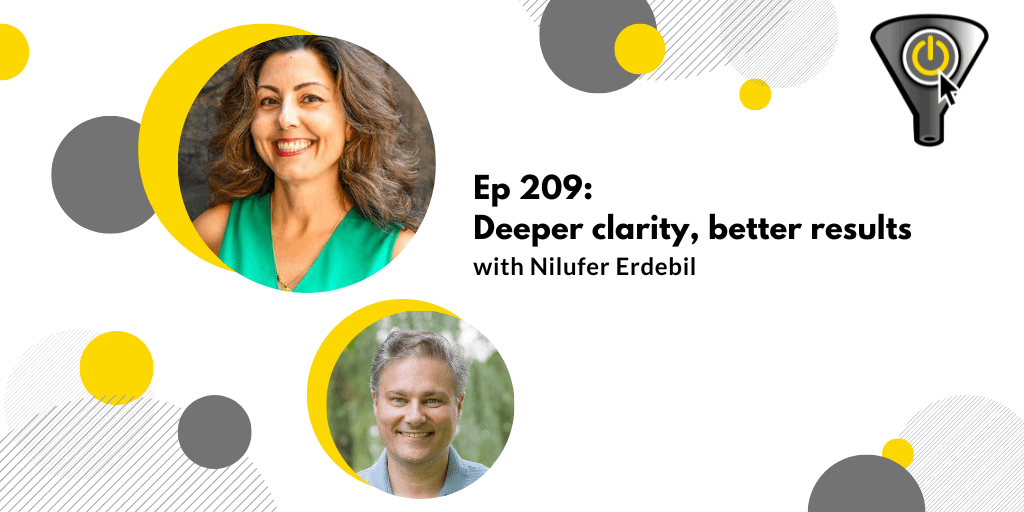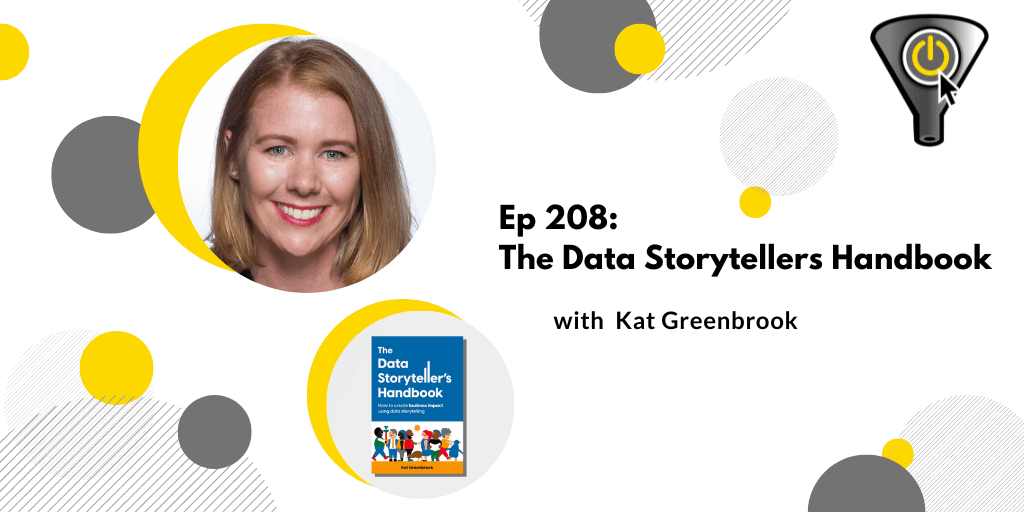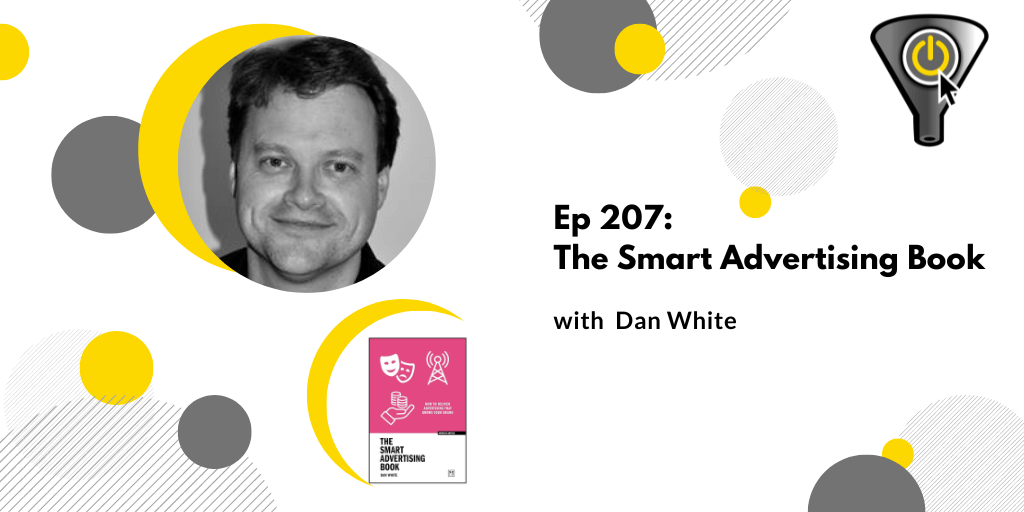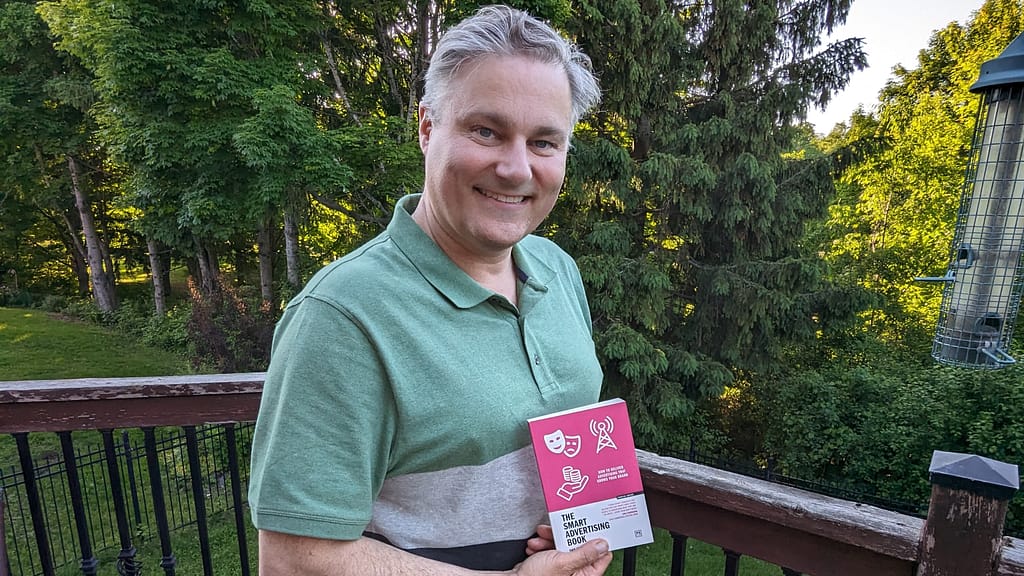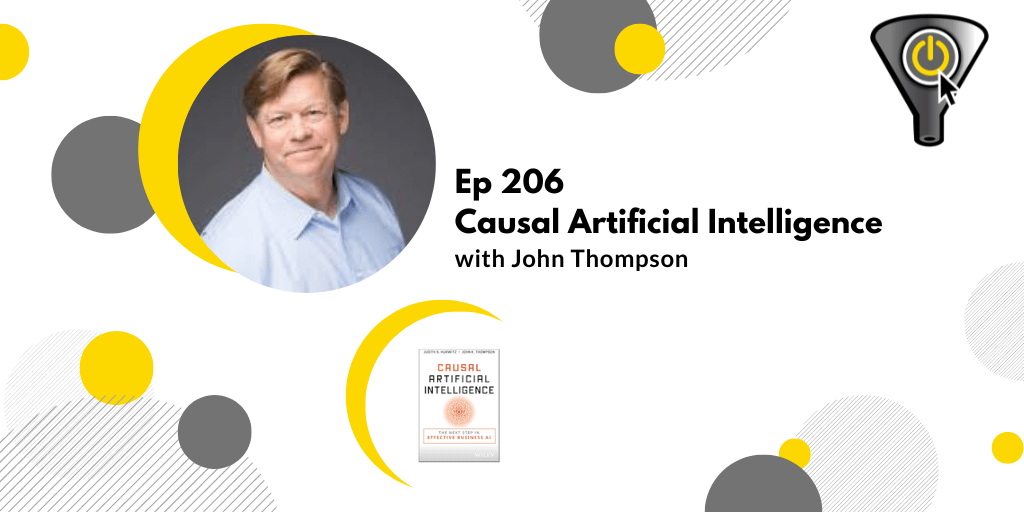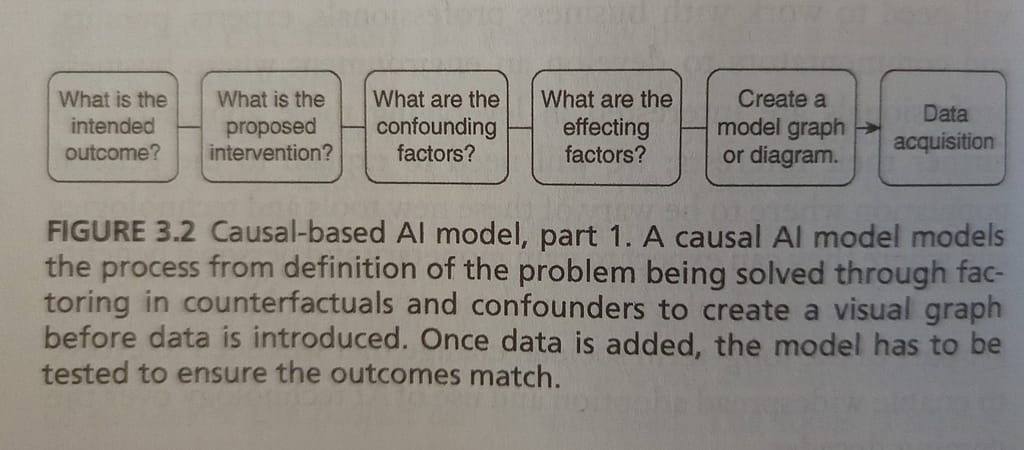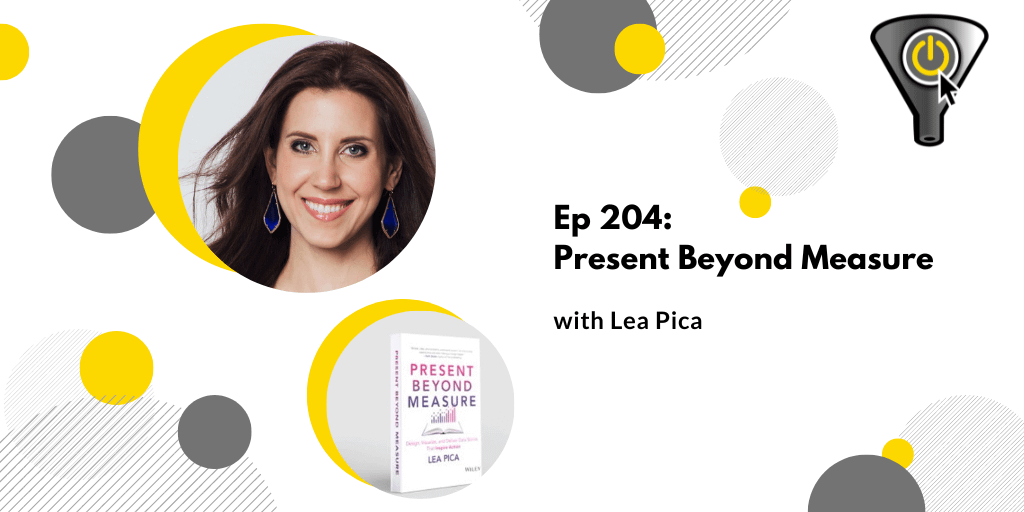Episode 209
When it comes to initiatives humans undertake, we only need to look at a few to see how they can fail spectacularly. One example:
The iconic Sydney Opera House came from a competition won by a young Danish Architect. The board who’d commissioned him to build it was told it would be completed by 1963, but things were so chaotic and so behind schedule, he had to be fired. It is truly a marvel of design, but it’s a posterchild for poor projects because it didn’t open until 1973.
Another example: Out of a desire to research high-energy particles and potentially solve the fundamental of physics, the US Government set out to build the Superconducting Super Collider (SSC). A site in Texas was chosen, but after 6 years they had only tunneled a fraction of the 88 kilometres, when the project was cancelled at a cost of $2B.
A last example: In 1998 NASA’s Mars Climate Observer travelled about 200M miles and was about to start researching the red planet. But the software setting its orbital altitude had been given imperial units instead of metric. This error in the code made it come in too steep, destroying the $328M probe.
These failures are so huge, it’s bound to bring out our inner cynic. It’s natural to pose questions of those leading the projects, like: “what were they thinking?”
I don’t scoff at the people who headed these projects, because I experienced something in my youth that showed me how humans sabotage missions.
When I was 15 I attended a camp that took us through exercises to cultivate teamwork. I thought I knew what teamwork was; I was not prepared for what awaited.
Two twenty-something Senior Counselors named Leo & Bob were in charge of it. We left the camp which was in rural New York State and drove in a van a few hours away. The van crossed into Pennsylvania, left the highway for a sideroad, then onto a dirt road and finally to a clearing somewhere in the backwoods. It was early afternoon by the time Leo dropped us off, leaving 4 of us and Bob to calmly walk for about 30 minutes, and we stopped to relax in a clearing in the forest.
At that point, Bob stood facing us and told us about this simple exercise we were about to do. He said, ‘you are stranded in a forest a few miles from a stationary van which contains food and medical provisions. You have to locate the help, which will signal its location by a horn-blast every 15 minutes until sundown. You’ll succeed in your mission if you reach the van by then. He didn’t tell us what would happen if we didn’t.
All of this seemed doable, until Bob said one of your team is incapacitated due an injury.’ and then he closed his eyes, fell to the ground, and didn’t say a word. I’s hard to be to say what the next couple of hours was like, as we tried to find the van, carrying this 180lb man through the brush. Suddenly, it became important to recall the way we’d come, or how to lash branches together to form a stretcher, or whom among us should decide which way we should go. Each time we heard the horn, we felt a bit more exhausted and acted a bit more panicked, knowing that the horn-blasts would stop and we’d resort to screaming in the dark. The way we interacted with each other in every way, from rational to tense to hysterical. At several points in the day, I was convinced we’d never get to the van. But by some miracle we reached the van just before sunset.
Each of us had time during the trip back to reflect on how we worked as a team. I no longer wonder why people have difficulty collaborating on projects, especially as the stakes get higher.
My guest also believes it’s our fault that projects fail as they do, and she’s got principles she teaches that make everyone clear on the task we’re all undertaking, significantly improving odds of success.
She is founder and CEO of Spring2 Innovation, is an award-winning design thinking and innovation expert, as well as a TEDx and TEC/Vistage speaker. With over 25 years of experience, she has driven innovation in telecommunications, application development, program management, and IT, helping public and private organizations shape strategy, drive change, and launch new products and services. Let’s go now to speak with Nilufer Erdebil.
Chapter Timestamps
0:00:00 Intro
00:06:38 Welcome Nilufer
00:10:16 Poor design in showers and on projects
00:20:12 customers’ unspoken needs
00:25:07 PSA
00:25:40 Devoting more of our time to communicating
00:28:49 Mistakes stemming from bad Workflows
00:37:39 Is our UX as disorienting to customers as a foreign language?
00:43:12 AI’s potential role
00:47:55 About Nilufer, book
People/Products/Concepts Mentioned in Show
Nilufer’s LinkedIn profile

